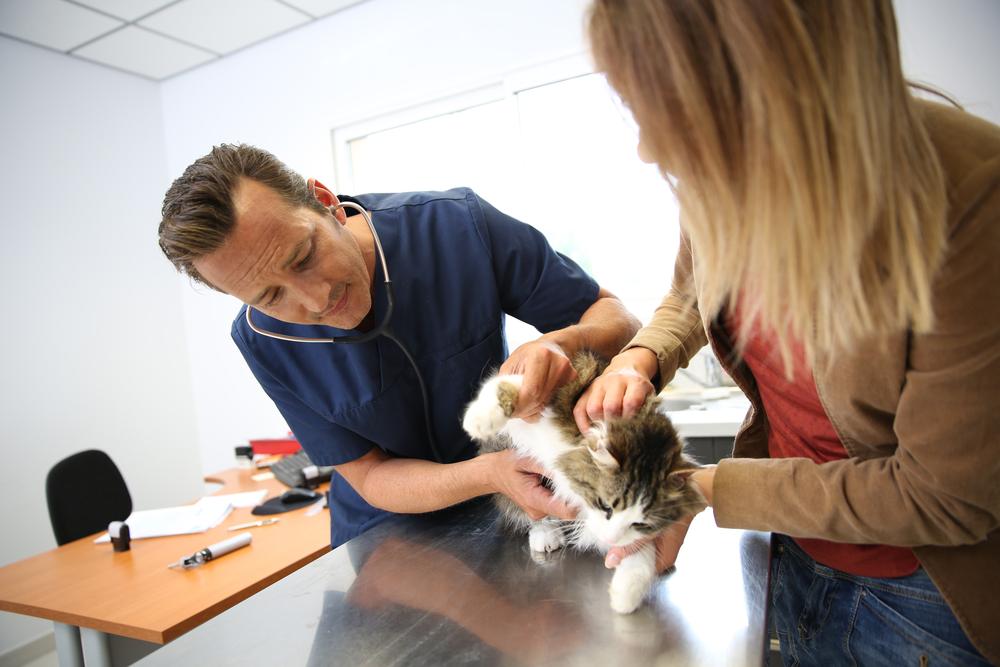
Diet for Cats with Diabetes Mellitus
Diabetes mellitus is increasingly affecting cats and is leading to several other diseases. The diet and nutrition intake of diabetic cats have to be strictly taken care of so as to prevent the condition from getting worse. This condition is identified by an abnormal blood glucose level, which alters the rate of body metabolism. It can result from hormonal malfunction when the body does not produce enough insulin to cope with increased glucose levels in the blood. This can turn into a serious issue if left untreated. Diabetes mellitus can also occur from obesity when the body fails to recognize insulin due to excess body fat. No matter what the reason is, cats with diabetes mellitus require a strict diet.
1. Low carb content
Cats with diabetes mellitus need to follow a diet plan with low carbohydrates. This is because a meal rich in carbohydrates can result in a sudden elevation in the blood glucose levels, resulting in increased demand for the hormone insulin. Meals with lower carbohydrate levels do not cater to alterations in the blood glucose too much and are, thus, highly recommended.
2. High protein content
A compromised carbohydrate content needs to be compensated by a protein-rich diet. This is because, just like humans, cats too need an energy source. In the absence of carbohydrates, proteins make up for the energy loss in the body and, thus, helps in providing the required nutrition. If the energy requirement is not fulfilled, cats with diabetes mellitus will be less active and more depressed.
3. Canned alternatives
One can definitely choose canned foods for cats suffering from diabetes mellitus over the regular dry foods that are rich in carbohydrate content. Where some canned foods are rich in carbohydrates and calories, others are just what they need. Owners should check for the calorie content and opt for the ones which provide less carbohydrate.
4. Keep the proportions right
For cats suffering from diabetes mellitus, especially those that are obese, special attention should be paid to their food intake. The amount of food a cat eats throughout the entire day has a lot to do with their health. The diet for such cats should be more focused on reducing weight, yet not compromising on the daily nutrition required by them.
5. Need for a dietician
There might not be any specific need for a dietician for a cat suffering from diabetes mellitus. The vet might suggest a dietician, in case the cat is extremely obese and needs to follow a strict routine. Otherwise, one can simply stick to a low carbohydrate and high protein diet to keep the cat healthy. In this case, canned foods are an extremely wise choice. But if the cat does not like it, one can also opt for dry foods, provided the carbohydrate content isn’t compromised.
When cats suffer from diabetes mellitus, they can be extremely fussy especially if the food is not according to their taste. Thus, owners should focus on the taste while balancing the calorie content.


